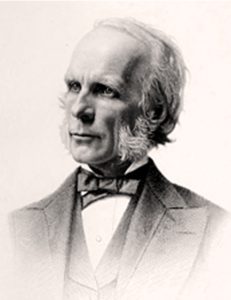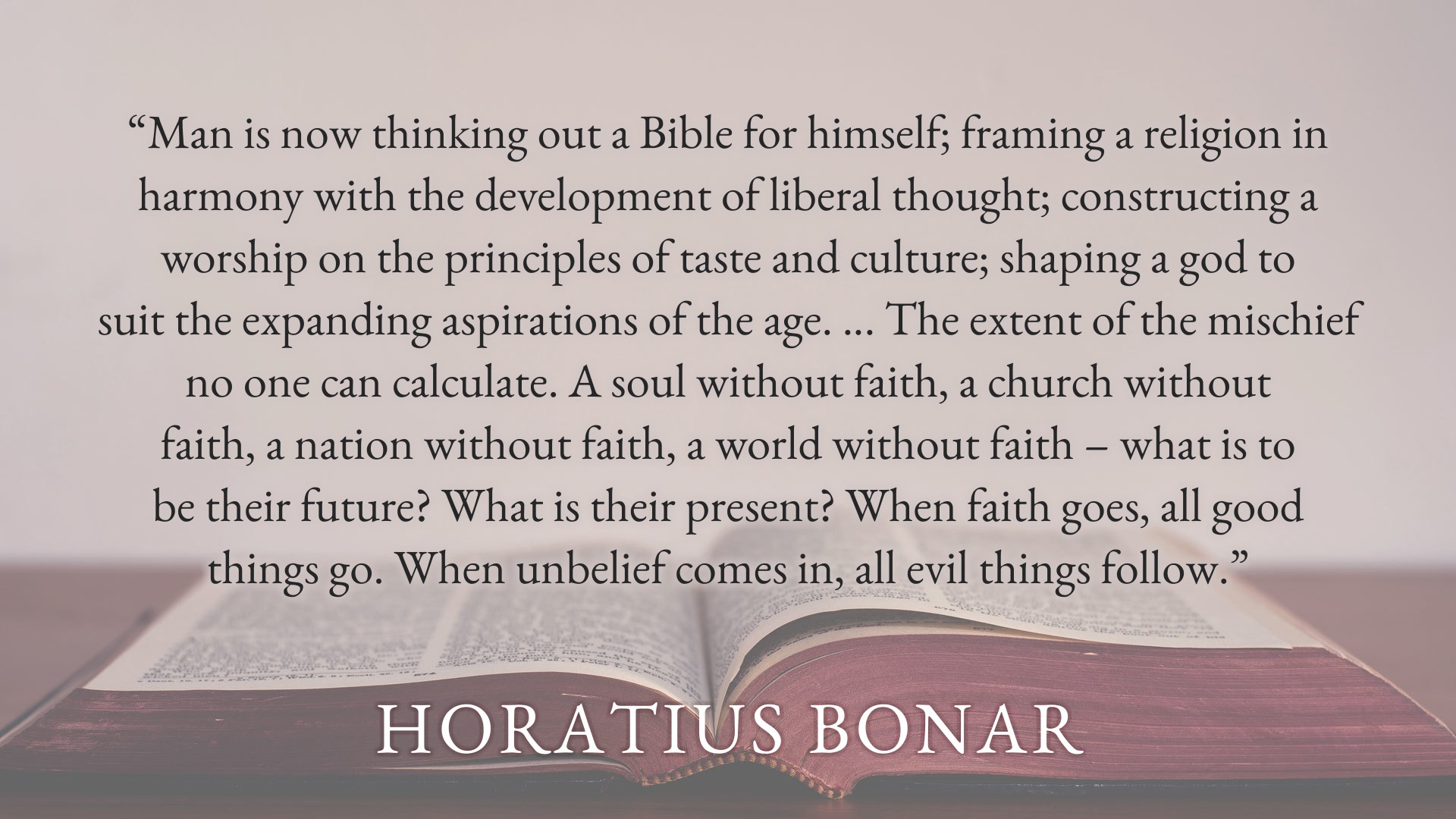William G. T. Shedd
Cultural Engagement
“The Christian minister is not obligated to run out Christianity into all its connections and relations. Neither he, nor the Church, is bound to watch over all the special interests of social, literary, political, and economical life. Something should be left to other men, and other professions; and something should be left to the providence of God. The Christian preacher can do more towards promoting the earthly and temporal interests of mankind, by indirection, than by direct efforts. That minister who limits himself, in his Sabbath discourses, to the exhibition and enforcement of the doctrines of sin and grace, and whose preaching results in the actual conversion of human beings, contributes far more, in the long run, to the progress of society, literature, art, science, and civilization, than he does, who, neglecting these themes of sin and grace, makes a direct effort from the pulpit to “elevate society.” In respect to the secular and temporal benefits of the Christian religion, it is eminently true, that he that finds his life shall lose it. When the ministry sink all other themes in the one theme of the Cross, they are rewarded in a twofold manner: they see the soul of man born into the kingdom of God; and then, as an inevitable consequence, with which they had little to do directly but which is taken care of by the providence of God, and the laws by which He administers his government in the earth, they also see arts, sciences, trade, commerce, and political prosperity, flowing in of themselves. They are willing to seek first the kingdom of God and his righteousness, and find all these minor things,—infinitely minor things, when compared with the eternal destiny of man,—added to them by the operation, not of the pulpit, or of the ministry, but of Divine laws and Divine providence. But, whenever the ministry sink the Cross, wholly or in part, in semi-religious themes, they are rewarded, with nothing. They see, as the fruit of their labors, neither the conversion of the individual nor the prosperity of society. That unearthly sermonizing of Baxter, and Howe, so abstracted from all the temporal and secular interests of man, so rigorously confined to human guilt and human redemption,—that preaching which, upon the face of it, does not seem even to recognize that man has any relations to this little ball of earth; which takes him off the planet entirely, and contemplates him simply as a sinner in the presence of God,—that preaching, so destitute of all literary, scientific, economical, and political elements and allusions,—was, nevertheless, by indirection, one of the most fertile causes of the progress of England and America. Subtract it as one of the forces of English history, and the career of the Anglo-Saxon race would be like that of Italy and Spain.”
William G. T. Shedd, Homiletics and Pastoral Theology (New York: Scribner, Armstrong & Co., 1872), 247–249.


